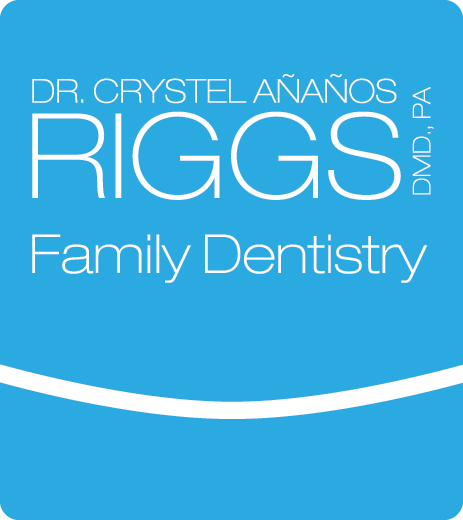
13 Mar Sensitive Teeth – Why They Hurt and What Helps the Pain
Tooth sensitivity is an extremely common dental problem, with at least 40 million adults affected by it in the USA alone (according to the Academy of General Dentistry). It is a cause of discomfort or pain in teeth when they are exposed to air, cold, sweet, acidic or hot foods. The pain is described as a transient, sudden and sharp. Tooth sensitivity is an equal opportunity condition, as in it can happen to anyone, regardless of age, gender or region.
The healthy teeth have a covering of enamel that protects the underlying layer of dentin, which is softer than enamel. If the enamel wears down, the gum line recedes, or there are cavities or cracking of teeth, then the dentin becomes exposed. Dentin contains thousands of microscopic tubules, or channels, leading to the tooth’s pulp, which allows heat, cold, acidic or even sticky substances to reach the nerves inside the tooth, causing pain.

Some factors that contribute to sensitive teeth may include vigorous brushing too hard or with a hard-bristled toothbrush, periodontal disease or gingivitis eroding gum line, cracked teeth (getting filled with bacteria from plaque-causing inflammation in the pulp of the tooth, or worse yet, abscess and infection), teeth grinding or clenching (causing enamel erosion), plaque buildup, long-term use of mouthwash (which contain acid), acidic foods, etc.
Dental procedures are a very common cause of teeth sensitivity. Many procedures are followed by sensitive teeth for up to 4-6 weeks. Many people experience tooth sensitivity after having a cavity filled or a filling replaced. Cavities are sensitive, to begin with, and a filling procedure can lead to further sensitivity. If it persists, it may indicate that a root canal is needed. Sometimes, it can be fixed with a simple bite adjustment or replacing the filling with another composite.
It is important to have a proper diagnosis of the reason for the sensitivity because identifying the actual reason for the sensitivity and finding a proper solution to it works much better than symptomatic treatments. Curative treatments include dental procedures, such as bonding, crowns or inlays, fluoride gel or varnish, surgical gum graft, root canal, etc. There are multiple remedies one can choose to help with the issue of teeth sensitivity, such as desensitizing toothpaste, using a soft-bristled toothbrush, avoiding highly acidic foods, using a fluoridated mouthwash daily, and avoiding teeth grinding (using a mouth guard), etc.

